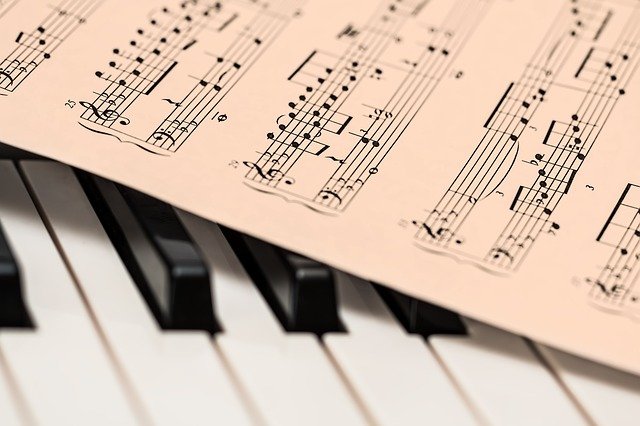by Dr. Robbie Lloyd
Cinemas have been opening again over the Christmas holiday break, with tight restrictions on mask wearing and social distancing, but inviting many people to return to a recreational activity they have enjoyed for a lifetime and sadly missed over the past year.
One film doing the rounds is “Oliver Sacks: His Own Life”, about the famous British American neurologist, whose work was made famous by the film Awakenings, starring Robin Williams and Robert de Niro.
Dr Sacks was much more than a doctor doing the rounds in the mental hospitals of New York, where he spent the majority of his later years. He was a deeply compassionate and engaging listener, who showed respect and care, and engaged deeply with people who had been ignored by the rest of society for decades. And he wrote eloquent books about what he learned from these people, who became his friends.
The movie’s trailer notes cover the most important aspects of why this story is so valuable for people in faith communities: “A month after receiving a fatal diagnosis in January 2015, Oliver Sacks sat down for a series of filmed interviews in his apartment in New York city. (The film arising) explores the life and work of the legendary neurologist and storyteller, as he shares intimate details of his battles with drug addiction, homophobia, and a medical establishment that accepted his work only decades after the fact. Sacks was a fearless explorer of unknown mental worlds who helped redefine our understanding of the brain and mind, the diversity of human experience, and our shared humanity.”
As a British Jewish doctor born in London in 1933, with both parents also doctors, Dr Sacks was a polymath (someone with a very wide set of interests and knowledge) whose sexuality was never accepted by his mother, and who took risks all his life in challenging prejudice about difference and diversity among humans and all forms of life.
One of his passions was music, and he wrote a book called Musicophilia: Tales of music and the brain, which described the power of music and the rhythm of life to support us all in our full personhood.
“The power music, whether joyous or cathartic, must steal on one unawares, come spontaneously as a blessing or a grace.” (p. 328) This part of what churches help to create, an environment where the musical environment wraps us up and helps us to release our inner need to connect with something greater, something sublime.
And coming out of COVID19, as we hope to be doing over the next few months, we can be reminded of how essential it is to gather together and share this unknown source of beauty and grace. Not just through the rhythm the music offers, but just as importantly the rhythm we all create by getting together and performing our time honoured rituals, in community.

Sacks taught that music is a communal experience, and when we keep reexperiencing this social activity of collective bonding we are bound together by the rhythm created and our individual nervous systems combine in our common humanity – ie. it’s good for our health and our souls.

